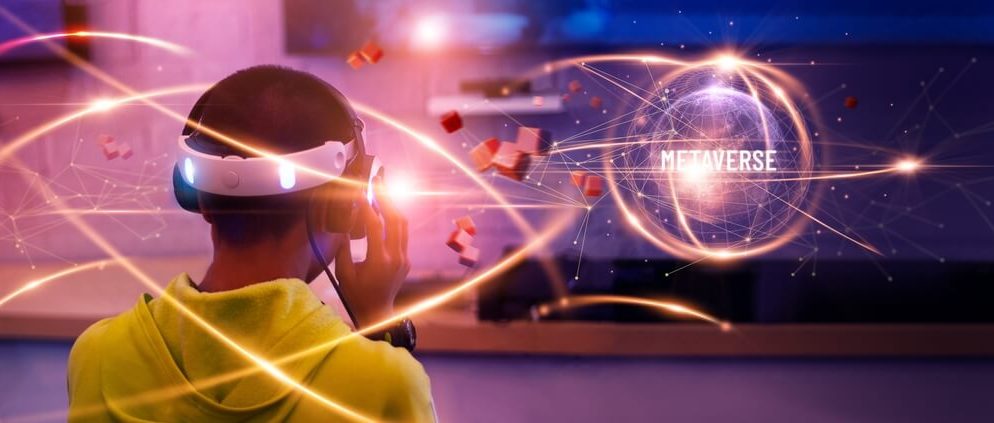



Get new exclusive access to healthcare business reports & breaking news




With the Metaverse expanding across all business and technology sectors, the potential of it affecting the healthcare industry was imminent. While it has revolutionized the gaming, entertainment, social, and sports industries, many wonder how it could affect healthcare moving forward.
Not only are healthcare industries adopting the metaverse, but the iGaming industry has also made the metaverse its next steps forward for innovation purposes. New casino sites are popping up and down the internet with blockchain initiatives like NFTs and augmented reality. While it still isn’t happening in great numbers, more and more casinos see the Metaverse as the next step and series of the puzzle. The healthcare industry is next. Here is how.
With VR being one of the most obvious changes and steps forward, healthcare being a remote service pretty much happened during the pandemic for social distancing reasons. However, after its great success and popularity, healthcare facilities have recognized how telepresence could, in fact, help heighten national health services, such as the NHS.
While routine physical consultations that discuss symptoms can be done virtually, doctors have found that video calls can efficiently lessen patients’ stress and waiting times. The Metaverse would take this up a notch entirely and integrate VR systems, which can convey even better virtual environments than traditional zoom calls, for example. Of course, this technology will take its time to make its way to the healthcare system, especially as the funding for technology is as well-versed as this certainly is not available yet.
Digital twins are another simulation generated for the healthcare system using real-world data. The CEO of Latus Health happens to be very passionate about the possibilities of this data system. He believes that the digital twins will allow increased ability to understand genetics but also map it out. While this will take a few years to go public, the outcome of this protocol could be very promising in the next ten years, that’s for sure.
Blockchain technology is helping the healthcare industry move forward, especially where data protection is concerned. Currently, databases are really inefficient, especially when it comes to the privacy and protection of data. Now that data can be stored and authenticated using the blockchain system, no one but the owner can tamper and access data. The decentralized system will work via smart contracts and not comprise or impede the data objects.
The most obvious case of management, security, and health data is between multiple health organizations within the industry. With data often getting shared between multiple organizations, there is a huge concern about how data will be used and handled with post partnerships. However, those that use Blockchain, can rest assured that data will not be centralized on servers and never be stolen. For those unaware, data accounts from the health system can sell on the dark web for around $100-150, meaning legitimate access is the only way to prevent the laborious process of data theft.